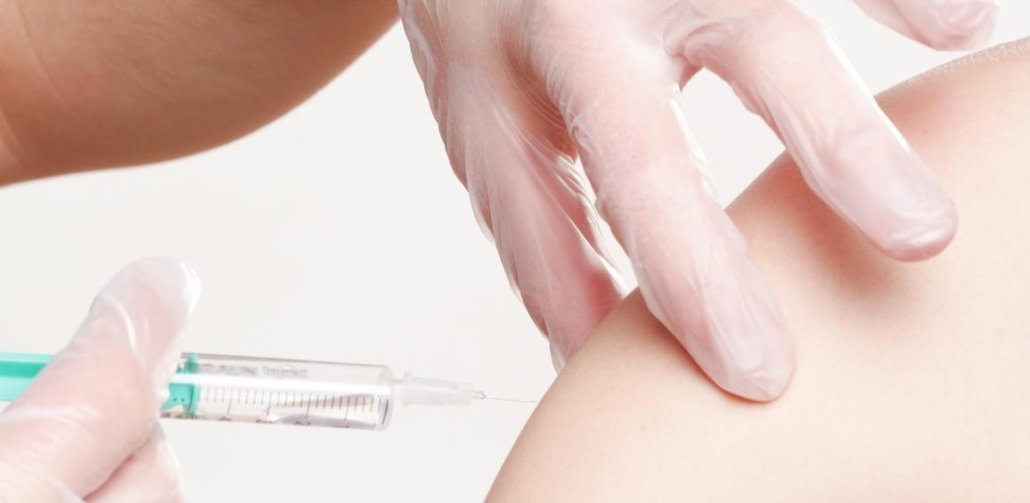
AZD1222 claims 79% effecacy in pivotal US study
Following assemingly good results in a Phase III study AstraZeneca goes for Emergency Use Approval in the US.
For exactly one day, the belief that AstraZeneca’s COVID-19 vaccine AZD1222 may be better than its reputation lasted. But because the ailing vaccine manufacturer had apparently embellished the presentation of phase III results, the US authorities intervened. On Monday, AstraZeneca reported that in its randomised Phase III study, which enrolled 32,449 healthy adults at 88 sites in the US, Peru and Chile, AZD1222 reduced infections by 79% and prevented 100% of severe disease progression. In the trial, efficacy was similar (80%) in the 20% of participants who were 65 years or older, although about 60% had comorbidities such as diabetes, obesity or heart disease and were exposed to highly contagious variants of SARS-CoV-2. Previous studies in the UK had shown an overall efficacy of AZD1222 of only 70.4%. However, the company did not state that the presented data were outdated.
Furthermore, AstraZeneca did not publish confidence intervals, which are needed to fully assess the results. However, the results of the study on first sight seemed to be more reliable than the flood of post-approval observational data published by vaccine manufacturers – often referred to as "real-world data" – traditionally used by companies to promote their vaccines. Unlike the results of randomised controlled trials, these are not assessed by regulatory authorities.
However, as a reaction to the publication of the data, the NIAID urged AstraZeneca to round up any missing data and publish up-to-date numbers as quickly as possible. According to NYT reports, overall efficacy was somewhat between 69% and 74% due to the Data Safety Monitoring Board (DSMB). One DSMB member told the newspaper AZ’s move was like "telling your mother you got an A in a course, when you got an A in the first quiz but a C in the overall course."
On Thursday, the company published updated primäry results of the study: AstraZeneca now claimed 76% vaccine efficacy against symptomatic COVID-19, 100% efficacy against severe or critical disease and hospitalisation, and 85% efficacy against symptomatic COVID-19 in participants aged 65 years and over.
Due to the self-provoqued PR catastrophe results may not break reluctance to AZD1222 in Europe where vaccination was paused in 13 EU member states after rare thromboembolic events in brain venes occured at an unusually high rate. However, after the pharmacovigilance committee of the European Medicines Agency concluded the benefit to risk ration remained positive and the overall probability thromboembolic events was the same as in the general public most EU member states, except some Scandinavian countries, resumed their vaccination campaigns.
Researchers from Rijkshospitalet Oslo, Norway and University Hospital Greifswald, Germany announced they found that auto-antibodies in the blood of poeple who developed thromoembolic events after vaccination with AZD1222 that may induce thromboses by a mechasnism similar to that of heparin-induced thrombocytopenia and which could be diagnosed and cured. However, no results have been published so far. Comments by the EMA suggest that the results did not specifially explain the cause for the specific adverse events seen after vaccination with AZD1222, which are now included on the package leaflet.




